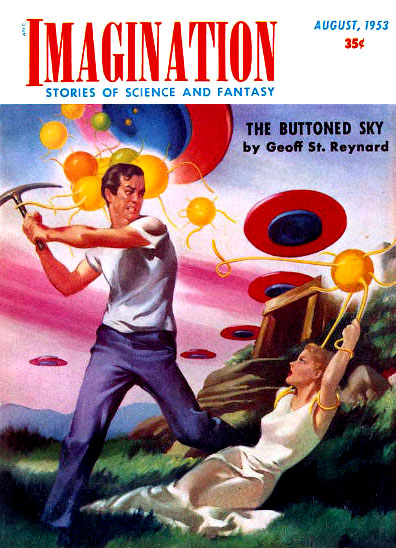So ... I'm not sure you're going to get full agreement on these points. Classic (OD&D, early AD&D and B/X) D&D, for example is often considered more S&S, yet has elves, dwarves, and other "Tokien-esque" high fantasy flourishes.
It helps to start with the classic canon of S&S in terms of literature; as is well-know, this was a term coined by the giant of the field (and a foremost influence on D&D), Fritz Leiber in response to Michael Moorcock.
Here's what he said:
I feel more certain than ever that this field should be called the sword-and-sorcery story. This accurately describes the points of culture-level and supernatural element and also immediately distinguishes it from the cloak-and-sword (historical adventure) story—and (quite incidentally) from the cloak-and-dagger (international espionage) story too!
Borrowing from the wikpedia page, I think the following is helpful (my emphasis is added):
Although many have debated the finer points, the consensus characterizes it with a bias toward fast-paced, action-rich tales set in a quasi-mythical or fantastical framework. Unlike high fantasy, the stakes in sword and sorcery tend to be personal, the danger confined to the moment of telling. Settings are typically exotic, and protagonists often morally compromised.
I think a few things can be immediately recognized when discussing S&S; first, like many genres in all art forms, it can be easy to define by certain specific examples (Conan? Yes. Fafhrd and the Grey Mouser? Yes), and it can be easy to define by specific counter-examples (Tolkien? No, that's high fantasy!), but because the borders are so nebulous, it is very difficult when it comes to "edge cases" or works that cross boundaries. Is the Amber series sword and sorcery (morally compromised characters, but both personal and immense stakes)?Moorcock is often cited as S&S (correctly I think), but it's hardly "regular guys fightin' against the magic". And so on.
Now, when you're moving from one medium (literature) to another medium (TTRPGs) and still employing the same label, it can be more difficult. As a general rule, I think "S&S" in D&D tends to refer to:
1. No "world-shaking events." In other words, the characters aren't saving the Forgotten Realms, or the multiverse. They are adventurers, making some coin, and maybe carving out a small part of the world for themselves.
2. Moral ambiguity. No, not an excuse of murder-hoboing. More that the "good guys" aren't necessarily good, and your characters are navigating a difficult world and making tough choices (in original D&D, you are, after all, tomb robbers). One way this was expressed, however stupidly, was the idea of "muscular neutrality" in early D&D.
Those are the two most salient marks I would look for. In essence, if you are an adventure path in general, and certainly an AP to "do good and save the world" then you're aren't doing S&S.




